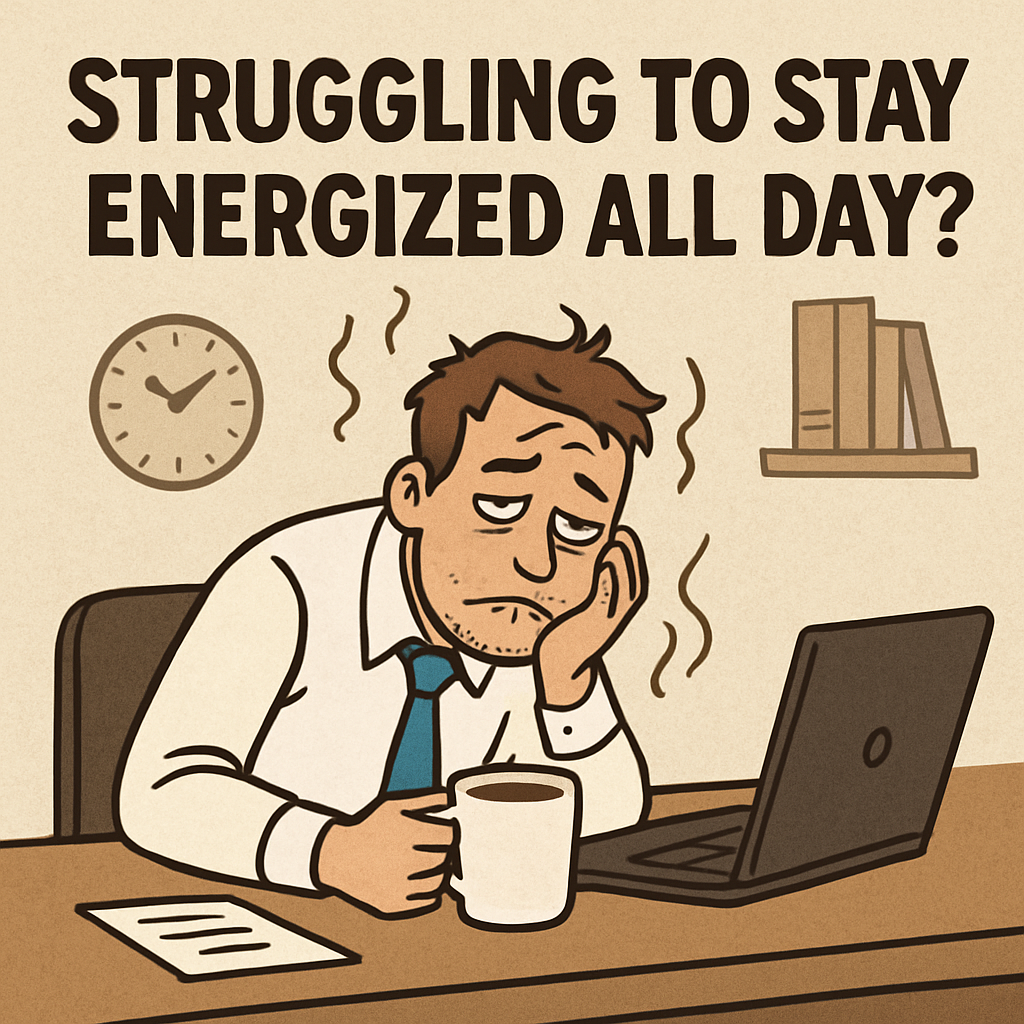Masturbation is a natural and common activity, practiced by people of all genders and ages. It refers to the self-stimulation of the genitals to achieve sexual pleasure, often leading to orgasm. While it has been subject to various cultural taboos and stigmas, there is growing recognition of its potential impact on both mental and physical health. This article explores the health aspects of masturbation, addressing common myths, its benefits, and considerations for well-being.
1. Physical Health Benefits
Masturbation, when practiced in moderation, can offer several physical health benefits. These include:
- Improved Sexual Function: Masturbation allows individuals to explore their bodies, understand what feels good, and become more in tune with their sexual preferences. This self-awareness can enhance sexual experiences with partners by improving communication about desires and preferences.
- Relief from Sexual Tension: Masturbation can provide a safe outlet for sexual release, helping to reduce feelings of sexual frustration. For many people, it serves as a way to cope with heightened sexual desire, especially in situations where sexual activity with a partner may not be possible or desired.
- Improved Sleep Quality: Orgasms, whether achieved through masturbation or partnered sex, release endorphins and other neurochemicals that promote relaxation and help some individuals fall asleep more easily.
- Pelvic Floor Health: For people with vaginas, masturbation can help improve pelvic floor muscle tone and blood circulation, potentially benefiting overall pelvic health.
2. Mental and Emotional Health Benefits
Masturbation is not only a physical experience but also an emotionally and psychologically significant one. Here’s how it may benefit mental health:
- Stress Relief: Masturbation triggers the release of endorphins and other hormones, such as oxytocin and dopamine, which help reduce stress and enhance feelings of well-being. The relaxation and sense of pleasure that follow masturbation can alleviate anxiety and promote a positive mood.
- Improved Body Image and Self-Esteem: Exploring one’s body through masturbation can foster a greater sense of body acceptance and self-love. It encourages individuals to appreciate their physical form and sexual identity, which can positively impact self-esteem.
- Coping Mechanism for Emotional Well-Being: For some, masturbation can serve as a healthy coping mechanism to deal with stress, sadness, or loneliness. It provides an avenue for emotional release and a way to find comfort in moments of emotional distress.
3. Common Myths and Misconceptions
Despite its natural and healthy nature, masturbation is surrounded by numerous myths. Let’s debunk some of the most common misconceptions:
- “Masturbation causes infertility”: There is no scientific evidence to support this claim. Masturbation does not affect fertility or reproductive health in any way.
- “Masturbation leads to erectile dysfunction (ED)”: While excessive masturbation may temporarily impact sexual performance, moderate masturbation does not cause erectile dysfunction. If you experience ongoing erectile issues, it may be a sign of an underlying medical condition, and you should consult a healthcare provider.
- “Masturbation is a sign of loneliness or desperation”: This is a harmful stereotype. People masturbate for a variety of reasons, including pleasure, stress relief, or sexual desire. It does not necessarily indicate loneliness or a lack of intimacy.
- “Masturbation is unhealthy and should be avoided”: In moderation, masturbation is a healthy, normal activity. It only becomes problematic when it interferes with daily life, relationships, or responsibilities.
4. When Masturbation May Be a Concern
While masturbation is generally safe and healthy, it can become problematic if it leads to negative consequences. Here are some situations where it may be worth examining one’s habits:
- Excessive Masturbation: If masturbation becomes compulsive and interferes with daily responsibilities, relationships, or mental health, it may indicate an underlying issue, such as sexual addiction. In such cases, seeking support from a therapist or counselor specializing in sexual health can be beneficial.
- Physical Discomfort or Injury: Overzealous masturbation can lead to physical discomfort or injury, such as soreness or irritation. Using proper lubrication and being gentle during the activity can help prevent any harm.
- Emotional Distress or Guilt: If masturbation is accompanied by feelings of shame or guilt, it may be due to cultural or religious beliefs that view the practice negatively. In such cases, exploring these feelings with a therapist can help in addressing any emotional or psychological discomfort.
5. Cultural and Social Perspectives
Attitudes towards masturbation can vary significantly across cultures and societies. While many people around the world view masturbation as a normal and healthy part of life, others may consider it taboo or immoral. It’s important to recognize that personal beliefs, cultural norms, and societal views can influence an individual’s approach to masturbation. Practicing self-compassion and understanding can help individuals navigate their sexual health in a way that feels right for them.
6. Tips for Healthy Masturbation
To ensure that masturbation remains a healthy and positive activity, consider the following tips:
- Practice Moderation: Masturbation should not interfere with daily activities, work, or relationships. Balance it with other aspects of life to maintain overall well-being.
- Use Lubrication: If you experience discomfort during masturbation, using a water-based or silicone-based lubricant can help reduce friction and prevent irritation.
- Respect Your Boundaries: Masturbation should always be a consensual and pleasurable activity. Respect your body and listen to any signals of discomfort or exhaustion.
- Stay Informed: Knowledge is key. If you have any concerns about masturbation, sexual health, or well-being, consider seeking advice from a healthcare provider or counselor who can provide accurate, science-backed information.
Conclusion
Masturbation is a natural and healthy activity that offers numerous benefits for both physical and mental well-being. As long as it is practiced in moderation and does not interfere with daily life, it can be a positive part of one’s self-care routine. It’s important to understand that masturbation, like any other activity, is a personal choice. By dispelling myths and fostering a positive attitude towards it, individuals can embrace their sexual health with confidence and awareness. If you have concerns or questions about masturbation, speaking to a healthcare provider or a sexual health professional can provide clarity and guidance tailored to your needs.





